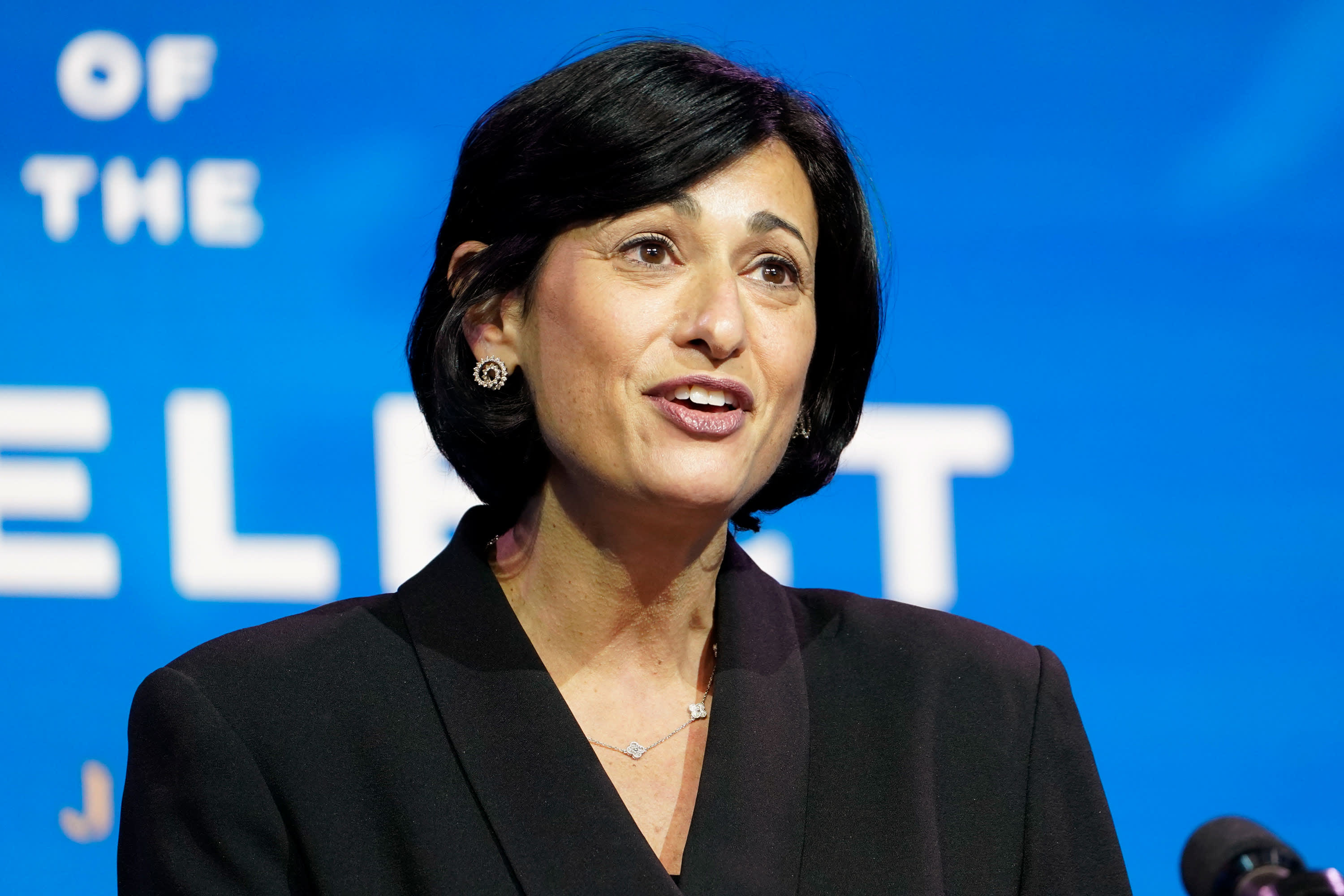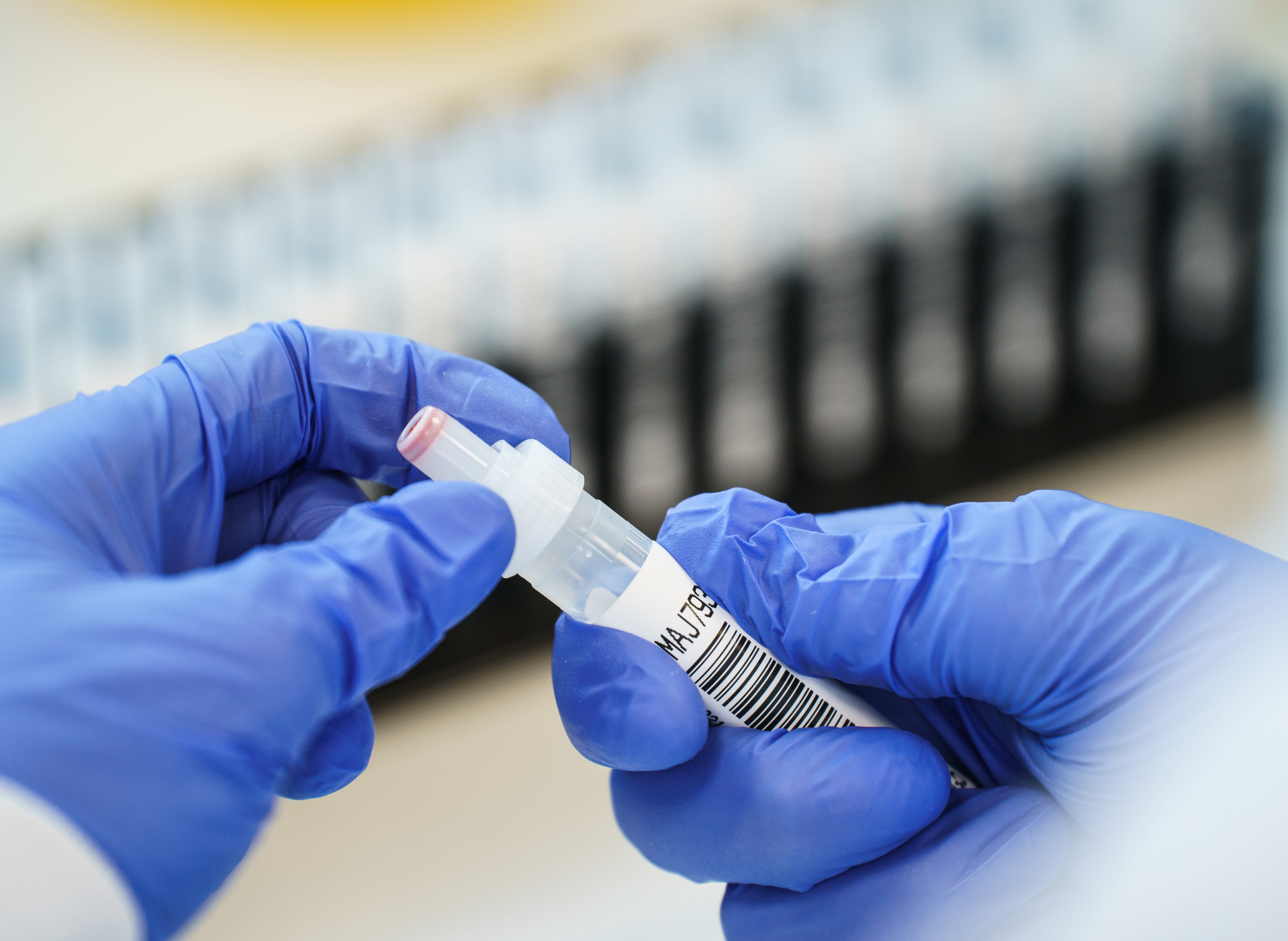
It's a race against time to reach herd immunity in the United States, especially with the U.K. coronavirus variant spreading quickly here.
One new study, not yet peer reviewed, shows it doubling every 10 days. Epidemiologists say it may be the dominant strain of the virus by March.
But even more worrisome is the variant from South Africa, said Dr. Dan Barouch, virologist at Beth Israel Deaconess Medical Center.
“It’s not only more contagious but it’s also partially resistant to antibodies, and that’s why it’s a concern for vaccines,” he said.
There are 932 reported cases of the U.K. variant in the U.S. as of Thursday afternoon, nine of the South African variant and three of the variant from Brazil, according to the Centers for Disease Control and Prevention. Massachusetts has nine cases of the U.K. variant, and none of the other two so far.
But actual numbers could be greater, as the U.S. is behind other countries in tracking mutations.
The microbiology lab at Massachusetts General Hospital is joining ramped-up efforts underway through the state and the Broad Institute to identify variants in Massachusetts communities.
“We can take a random sampling of positive tests and perform genetic sequencing,” said infectious disease specialist Dr. Eric Rosenberg, who heads up the lab.
Having trouble getting a coronavirus vaccine in Massachusetts? Submit a tip to our investigators here.
He said the results of that testing will enable experts to say if even stricter infection control measures are needed to prevent the variants from spreading further. Sequencing could also help determine whether vaccines need to be adjusted down the road.
“We can beat this. We just have to be patient and be smarter than the virus,” he said.
By that, Rosenberg is referring to some advice that will be familiar by now: we need to continue to social distance, wear a mask and vaccinate as many people as fast as possible.



